Which electric truck got put on an indefinite hold this week, and which one was reportedly delayed?
And why might the shift to EVs spur the end of three-box sedans?
This is our look back at the Week In Reverse—right here at Green Car Reports—for the week ending January 14, 2022.
Don’t wait up for Toyota electric vehicles with solid-state batteries. The automaker’s chief scientist confirmed in an interview last week a Toyota hybrid will be the first to get solid-state tech by 2025—and it’s sounding like it might be the Prius.
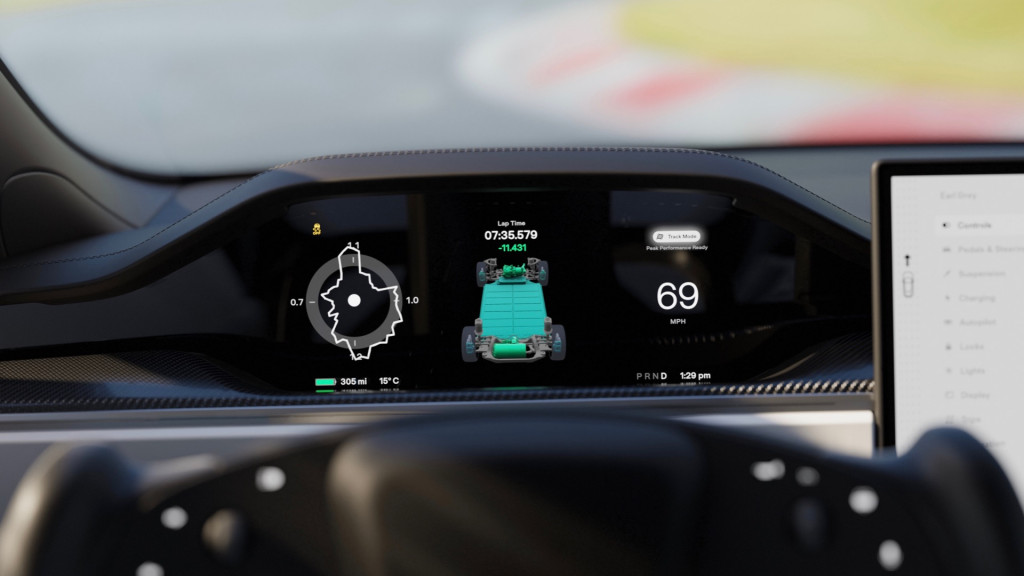
Tesla Model S Plaid Track Mode
Tesla revealed a Track Mode for the Model S Plaid. With torque vectoring, improved cooling, and more aggressive suspension settings—including more regenerative braking from the motors instead—it should avoid the brake-overheating issue some testers have found.
We also this week rounded up and digested some of the big trends looking into 2022. Dealerships made more money per transaction in 2021 than any recent year, amid short supply and strong demand. With those same constraints applied to hot electric models like the Ford F-150 Lightning and others, are state franchise laws hindering EV adoption? Traditional three-box sedans could be a thing of the past in the electric age, as more curvaceous, kammback designs allow better aerodynamics and greater range. And delivery giants like FedEx and Amazon are going the extra mile to shed the “circle of shame” left by repeated neighborhood stops from diesel trucks—which is why electric last-mile delivery vans are in such demand, with profits to be made in the services supporting them.
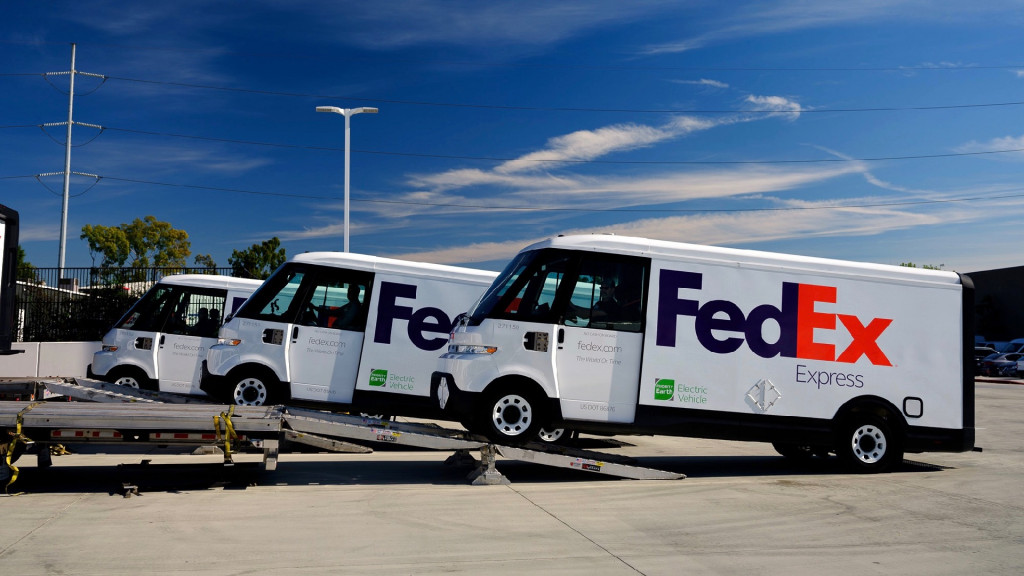
First BrightDrop EV600 vans delivered to FedEx
Volkswagen has added more to its ID.4 electric SUV for its second model year. The 2022 VW ID.4 gets more range—exact EPA ratings TBA—plus speedier fast-charging, Plug and Charge capability, and an auto-hold feature. Although some of that is coming via an over-the-air update.
And the Nissan Leaf is sticking around. With the price drop given to the Nissan Leaf last year, it will coexist with the Ariya crossover across dealership lots. Although the continuation of the EV tax credit could play a role in how long the happy coexistence lasts.
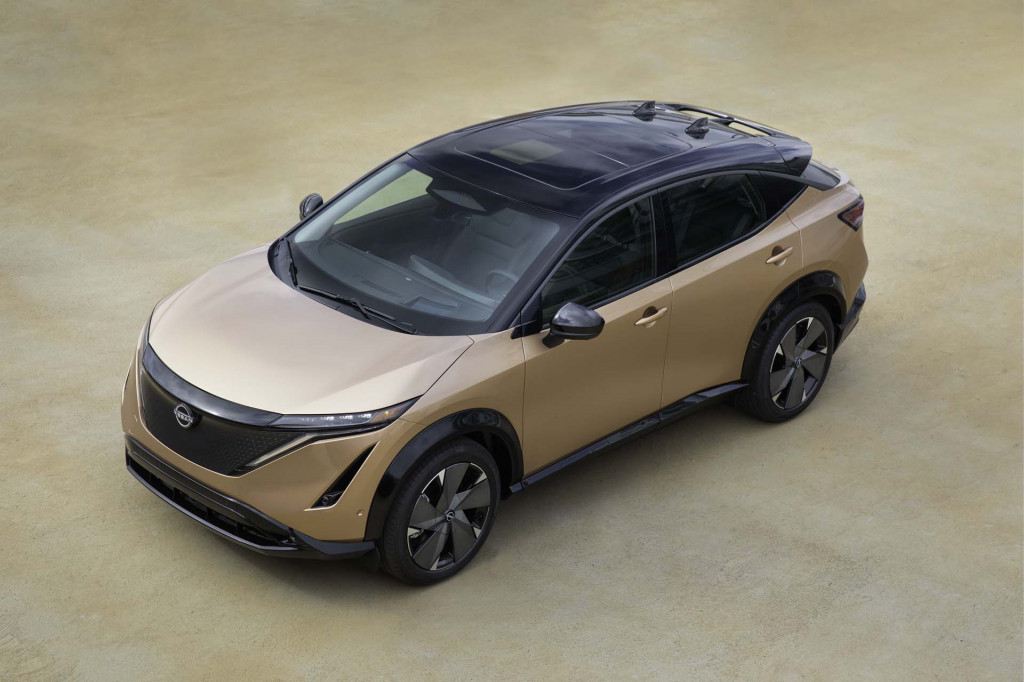
2023 Nissan Ariya
Closely following the price hikes given to new Tesla models, prices of used Teslas soared in 2021.
The most EV-ambitious among the top global automakers, Volkswagen, reported that it effectively doubled the number of EVs it delivered globally in 2021—although even including Porsche, Audi, and other brands, it remains at less than half Tesla’s EV deliveries.
Following up on an analysis from Consumer Reports released late last year, the consumer advocacy organization released a few more details on what makes EVs trouble-prone—and why hybrid models are among the most reliable of all.
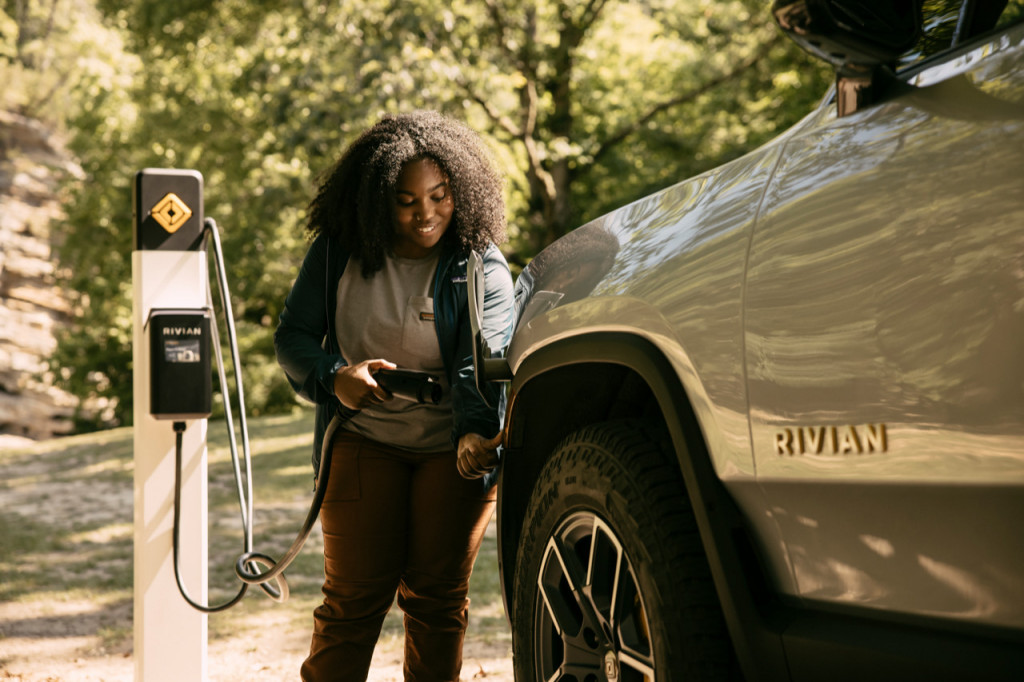
Rivian Waypoints destination charging
Rivian is sponsoring Level 2 destination chargers overseen by the nonprofit Adopt a Charger, as part of its Waypoint program. The ones announced this week will fill a need for active EV owners at Yosemite and Golden Gate.
Tesla Cybertruck deliveries could be delayed well into 2023, according to a report from Reuters, citing an inside source. CEO Elon Musk had already hinted of layout and feature changes—likely to be detailed with the timeline in a full product update later this month.
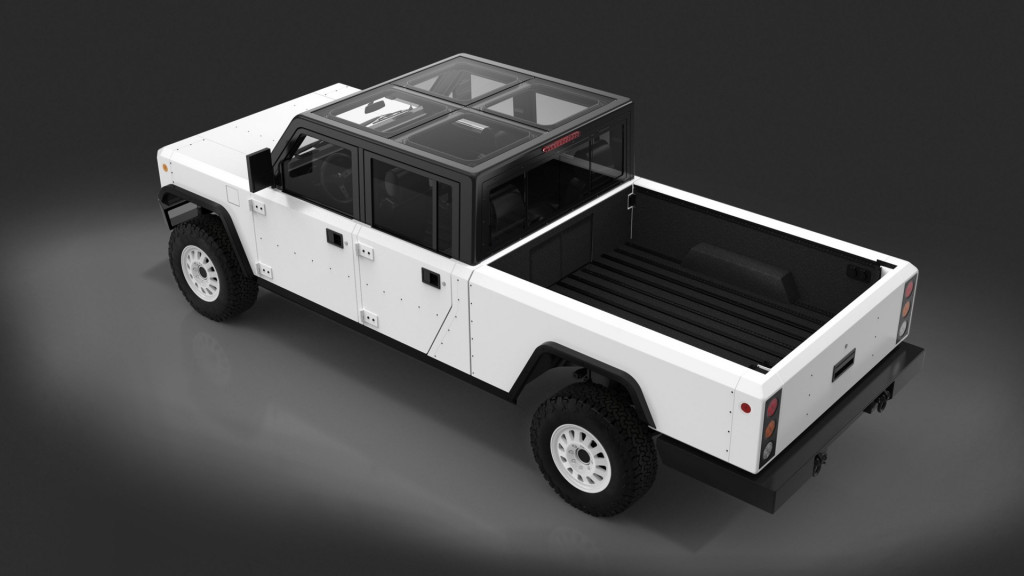
Bollinger B2 production intent
The Michigan startup Bollinger has put its B1 electric SUV and B2 electric pickup on hold—to the extent that it’s refunding deposits made on those off-road trucks. Instead, it will focus all its efforts on electric commercial vehicles.
Battery lifespan gains of 30% and countered degradation could be possible through a method to “revitalize” them made possible by U.S. Department of Energy research—although the idea hasn’t yet been translated to real-world use.
Charging at multi-unit buildings will require some special strategies to avoid the demand charges that can drive building energy bills up by thousands of dollars a month. One company’s solutions aim to simply throttle that demand at the electrical panel.
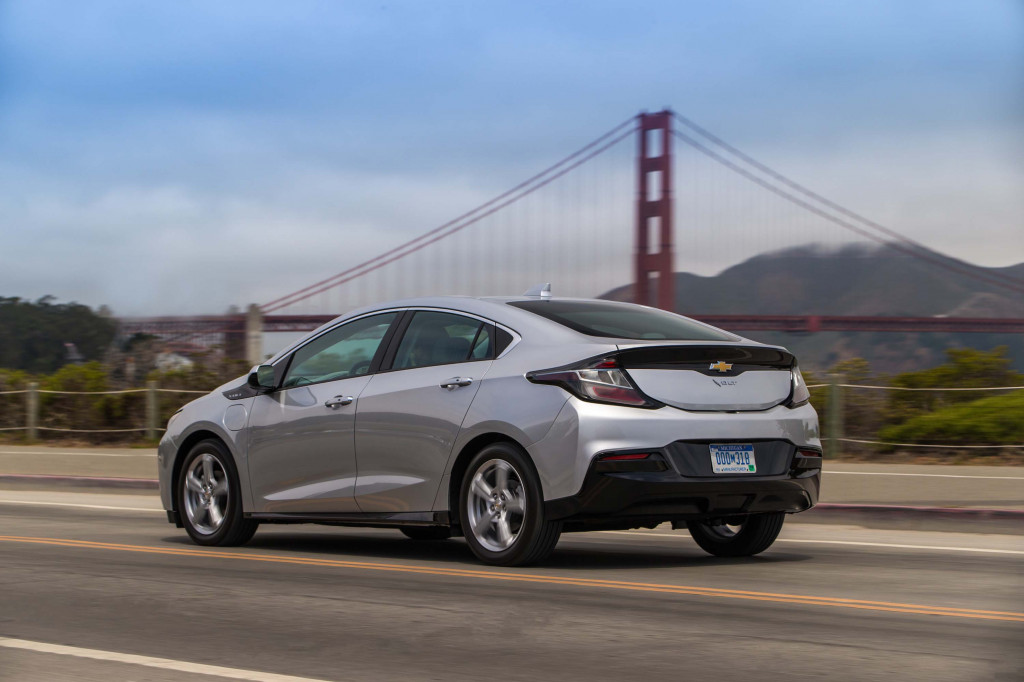
2019 Chevrolet Volt
California has for more than two years refused to buy state vehicles from GM, as the automaker sided with the Trump administration in trying to strip the state of its vehicle emissions rulemaking authority. With a letter from GM stating it’s “committed to complying with California’s regulators,” the relationship is back on.
And for something we’re still trying to digest: Study results from Deloitte played the jester this week, suggesting that the mass-market tipping point for electric vehicles could be significantly farther off than most other analysts have suggested. It found that Americans have a lack of interest in EVs both due to cost and range concerns, with just 4% aiming to make an EV their next car.
_______________________________________













